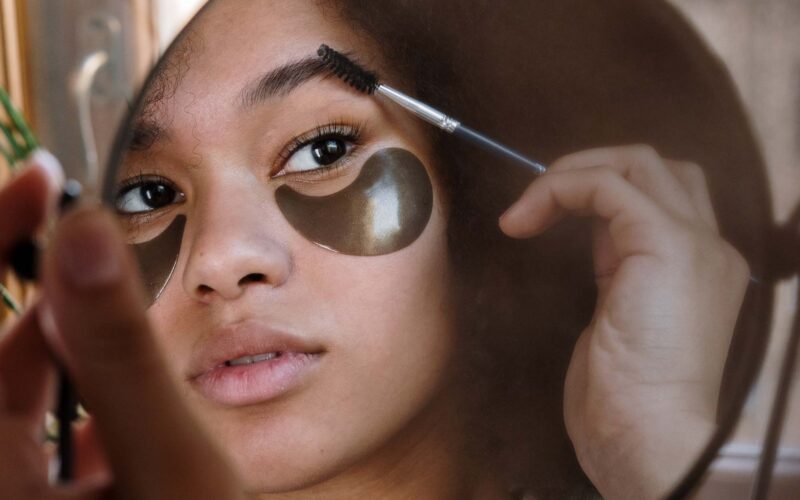If there’s one thing I’ve learned in my 50s, it’s that our society is infatuated with youth to an almost ridiculous degree. This isn’t about the inevitable march of time or the natural process of aging; it’s about the real, often harsh realities we face in a culture that doesn’t just celebrate youth—it idolizes it at the expense of everything else.
The Brutal Job Market
Let’s talk about the job market, a battlefield for anyone over the age of 40, let alone 60. After a restructuring at the school where I dedicated over 30 years of my life, I found myself on the hunt for a job. I polished my resume, highlighting decades of experience and achievements, thinking naively that this would be an asset. The reality was a cold shower of rejection and thinly veiled ageism.
Interview after interview, I watched as the initial interest faded the moment I walked in. It didn’t matter that I was more than qualified or that I brought a depth of experience no fresh graduate could. The unspoken message was clear: we’re looking for someone younger. It’s as if my age was a mark against me, rendering my years of hard work and dedication irrelevant.
One specific incident sticks out—a panel interview for a position I was excited about. The moment I mentioned incorporating technology into my teaching methods, I saw the skeptical looks. Despite my proficiency with digital tools, it was as if they couldn’t believe someone my age could tweet, let alone use educational technology effectively. The job went to a younger candidate, of course, someone “more in touch with the students’ needs,” as they put it. The sting of that rejection was a harsh reminder of the uphill battle I faced, not because of my skills, but because of my birthdate.
Beauty Standards: A Daily Insult
And then there’s the beauty industry, a constant barrage of messages telling us that aging is the enemy. Walking into a store to find skincare products turns into an exercise in navigating a minefield of anti-aging serums and creams designed to “correct” my aging skin. The message is loud and clear: wrinkles are flaws, gray hair is a sign of giving up, and any evidence of aging must be fought against with every weapon in our arsenal.
I remember chatting with a salesperson who suggested more and more invasive procedures to maintain a semblance of youth. “Have you considered Botox, laser treatments, fillers?” she asked, scanning my face as though it were a problem to be solved rather than a map of my life’s experiences. The presumption was not only that I would want to erase these signs of aging but that I should want to. It’s exhausting, this constant push to cling to youth, as if my worth diminishes with each new line that appears on my face.
The Unvarnished Truth
So, where does this leave us, those of us who are seen as past our prime by a society chasing eternal youth? It leaves us fighting for visibility in a world that seems to look right through us. It leaves us questioning our value in a job market that equates age with obsolescence and in a cultural landscape that treats the natural aging process as a failure of self-care.
The truth is, aging in a youth-obsessed society is an exercise in resilience. We navigate a world that constantly reminds us that we’re less valued, even while we have so much to offer. It’s not about seeking sympathy or painting a picture of despair; it’s about acknowledging the reality of these experiences. The job market is unforgiving, and the beauty standards are unrealistic, creating an environment where aging becomes something to conceal rather than celebrate.
Living through this, sharing these stories, is not about seeking a silver lining. It’s about facing the realities head-on, recognizing the challenges, and perhaps, in doing so, starting a conversation that challenges these norms. Because, at the end of the day, we are so much more than the numbers that define our age, even if society struggles to see beyond them.

